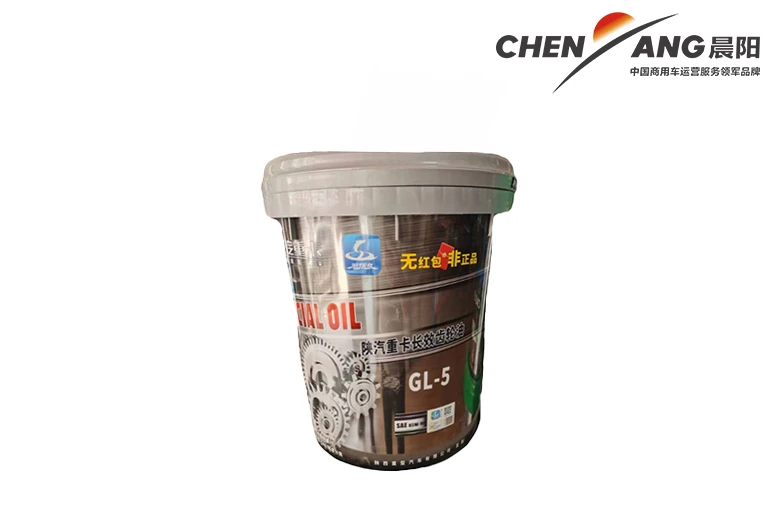engine filter
Understanding Engine Filters Importance, Types, and Maintenance
Engine filters play a crucial role in ensuring the optimal performance and longevity of an engine, whether in cars, motorcycles, or industrial machinery. They are designed to remove various contaminants that could harm the engine and its components, thereby enhancing efficiency and performance. This article delves into the importance of engine filters, the different types available, and tips for maintenance.
Importance of Engine Filters
One of the primary functions of engine filters is to maintain the cleanliness of the engine’s vital components. Dust, dirt, and debris are unavoidable when an engine is operating, and these particles can enter through various pathways. For instance, air is essential for combustion, but it can also carry contaminants that may cause abrasion, leading to engine wear and reduced efficiency. Engine filters help to mitigate these risks by trapping harmful particles before they can cause damage.
Furthermore, clean oil is crucial for lubricating the engine parts, reducing friction, and preventing overheating. Oil filters, a specific type of engine filter, ensure that the engine oil remains free of debris and contaminants, thus preventing clogs and promoting smoother operation. The functionality of engine filters is vital to minimizing long-term repair costs and maintaining overall engine health.
Types of Engine Filters
1. Air Filters These filters prevent dirt and other particles from entering the engine. They are typically made of a pleated paper material and can be found in a variety of designs, including reusable and disposable types. Regularly replacing or cleaning air filters is essential to ensure the engine receives an optimal amount of clean air for combustion.
2. Oil Filters As mentioned, oil filters play a significant role in maintaining engine oil cleanliness. They remove contaminants from the oil before it circulates through the engine. Oil filters come in various designs, including spin-on filters and cartridge filters, and should be replaced with every oil change to ensure maximum engine protection.
3. Fuel Filters Fuel filters trap contaminants and impurities in the fuel before they can reach the engine. They ensure that the fuel is clean, allowing for efficient combustion and optimal performance. Depending on the vehicle, fuel filters may need to be replaced every 30,000 to 60,000 miles, or as recommended by manufacturers.
engine filter

4. Cabin Air Filters While not directly related to engine performance, cabin air filters contribute to the overall environment inside a vehicle by filtering out pollutants and allergens from the air entering the cabin. This can improve air quality for passengers and enhance the effectiveness of the vehicle's heating and air conditioning systems.
Maintenance Tips
To keep engine filters performing optimally, regular maintenance is essential. Here are some tips
- Routine Checks Schedule routine checks of all filters according to manufacturer recommendations. Visual inspections can reveal dirt buildup or damage that may necessitate replacement.
- Follow Manufacturer Guidelines Each vehicle may have specific requirements regarding filter replacement intervals. Always refer to the owner’s manual for proper timelines and guidelines.
- Use Quality Filters Investing in high-quality filters can make a significant difference in performance. While generic filters may save money initially, they often lack the durability and efficiency of OEM (Original Equipment Manufacturer) filters.
- Replace Other Components When replacing filters, consider the condition of related components. For instance, if you replace the oil filter, it’s also a good time to change the oil.
In conclusion, engine filters are vital components that contribute significantly to the performance and longevity of an engine. Understanding the different types of filters and their functions, along with proper maintenance practices, can help ensure optimal engine function and reliability. Regular attention to these filters ultimately saves time, money, and the hassle of bigger repairs down the road.
-
SINOTRUK HOWO 84 Electric Dump Truck for Eco-Friendly Heavy HaulingNewsJul.26,2025
-
The Fast 16-Gear Manual Transmission Assembly for Heavy TrucksNewsJul.25,2025
-
Mercedes Benz Actros 1848 42 Tractor Truck for Sale - Reliable PerformanceNewsJul.24,2025
-
High-Quality Water Pump Assembly for Sinotruk Trucks – Durable & ReliableNewsJul.23,2025
-
Premium Truck Engine Antifreeze Coolant Fluid for Heavy Duty VehiclesNewsJul.22,2025
-
FOTON View G7 Mini Bus: Affordable & Spacious TransportNewsJul.22,2025
Popular products

























